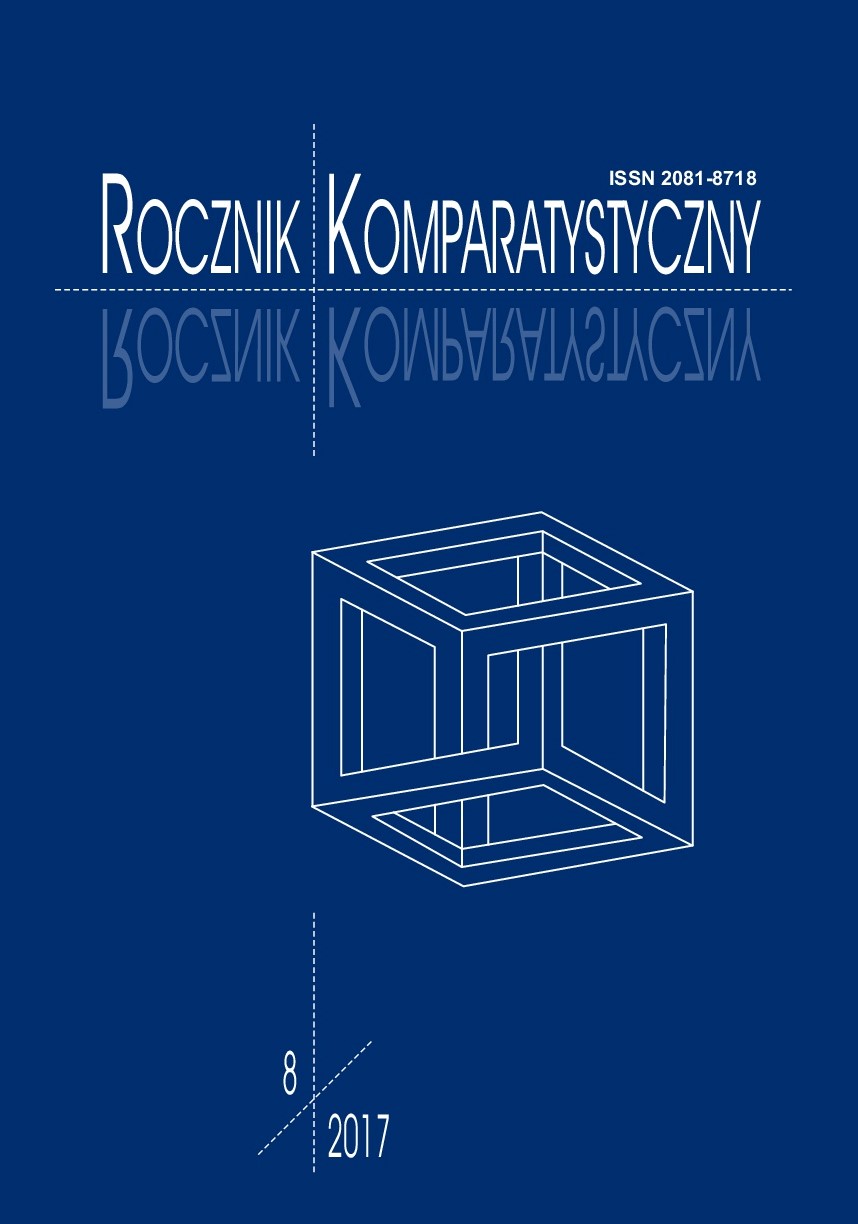Polish Suffragettes and the European Women’s Movement at the Turn of the 19th and 20th Centuries: Paulina Kuczalska-Reinschmit’s Social Activism and Journalism
Polish Suffragettes and the European Women’s Movement at the Turn of the 19th and 20th Centuries: Paulina Kuczalska-Reinschmit’s Social Activism and Journalism
Author(s): Agata ZawiszewskaSubject(s): Language and Literature Studies, Studies of Literature, Comparative Study of Literature
Published by: Wydawnictwo Naukowe Uniwersytetu Szczecińskiego
Keywords: comparative literature; European feminism; Polish Women’s Movement; Paulina Kuczalska-Reinschmit’s social activism and journalism; periodical Ster [The Helm] (Lwiv; 1895–1897; Warsaw 1907–1914)
Summary/Abstract: Paulina Kuczalska-Reinschmit (1859–1921) – the leader of the Polish emancipation movement at the turn of the 19th and 20th centuries and active on the territory under Russian Partition – established her programme for educational, professional and political emancipation of Polish women, drawing inspiration from national sources: the ideology of the Polish Renaissance and Polish Sarmatism of the pre-partition era, but the forms of implementation of this programme were based on foreign, mainly German, French and Czech, influences. The German, French and Czech influence are noticeable particularly in the crystallization of her emancipation programme, that is in the 1880s and the 1890s when she wrote about German, French and Czech women in the first Polish feminist daily Świt [The Dawn], then in the daily of the so-called Warsaw positivists titled Przegląd Tygodniowy [The Weekly Review] and finally in her own feminist periodical Ster [The Helm]. Ster had two editions: Ster, issued in Lviv in the years 1895–1897, was an organ of the supporters of educational emancipation for women in the territories under Austrian Partition and was closed when the Jagiellonian University admitted its first female students; Ster, issued in Warsaw in the years 1907– 1914, was an organ of Związek Równouprawnienia Kobiet Polskich [Polish Women Emancipation Association], which led to the granting of full citizenship rights to Polish women in 1918. While working on the programmes and forms of activity of Ster and of the Polish Women Emancipation Association, she took advantage of the models created mainly by the German organization Allgemeine Deutsche Frauenverein as well as Ludwika Otto and Augusta Schmidt’s magazine Neue Bahnen, and French organization Alliance Universelle des Femmes as well as Maria Cheliga’s magazine Bulletin de l’union universelle des femmes or Revue Féministe.
Journal: Rocznik Komparatystyczny
- Issue Year: 2017
- Issue No: 8
- Page Range: 299-315
- Page Count: 17
- Language: English

